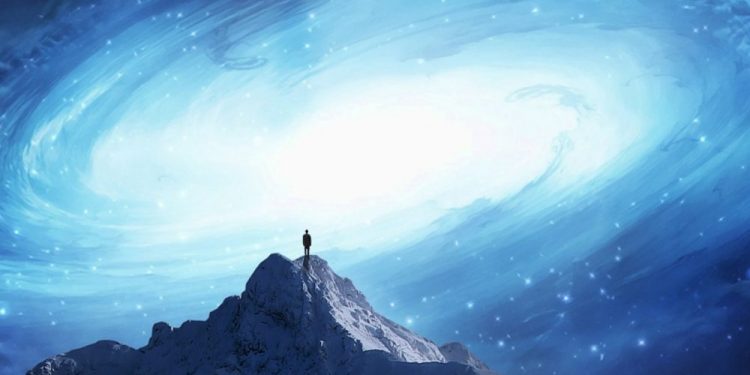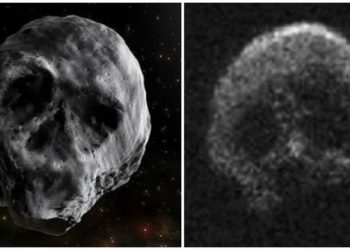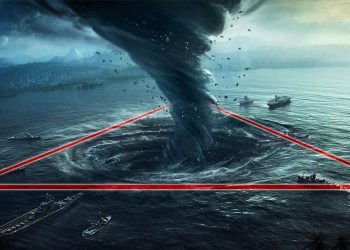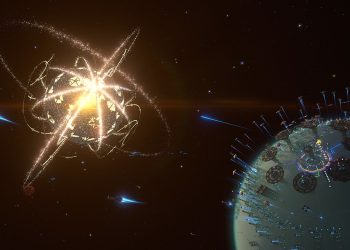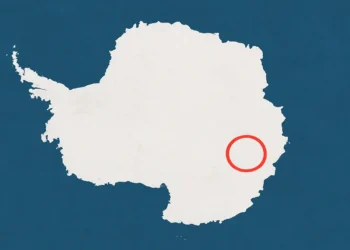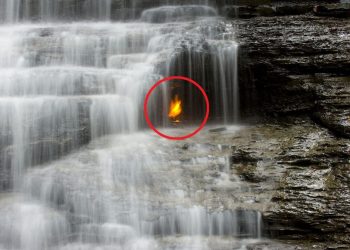The surprising science behind reincarnation and quantum consciousness is challenging the line between life and death. While mainstream science remains skeptical, a small but growing group of researchers believes consciousness may be a form of quantum energy—one that continues after we die and could explain memories of past lives.
A controversial question: Can consciousness survive death?
Reincarnation has long been a spiritual and philosophical concept. Found in Hinduism, Buddhism, and many indigenous traditions, it’s the idea that after death, the essence or soul of a person can begin a new life in a different body. But in scientific circles, reincarnation has often been dismissed as untestable—until recently.
A growing number of scientists are now asking whether consciousness itself could be a quantum phenomenon. If so, it might not be bound to the brain, or even to death. The idea is controversial, but not baseless. Some researchers are turning to physics—particularly quantum mechanics—to explore the possibility that reincarnation is not only real, but scientifically plausible.
Among the most vocal is Dr. Jim Tucker, a child psychiatrist and researcher at the University of Virginia, who has studied thousands of cases involving young children with detailed memories of past lives. He believes the key to understanding these reports may lie in the intersection between reincarnation and quantum consciousness.
Dr. Jim Tucker and the science of past-life memory
Dr. Tucker is best known for continuing the work of Dr. Ian Stevenson, who spent decades investigating cases in which children remembered events, names, and people from what they claimed were previous lives. In his book Life After Life: A Scientific Investigation of Children’s Memories of Previous Lives, Tucker presents evidence from over 2,500 interviews with children.
Many of these children remembered specific people, locations, and even causes of death—facts that, in some cases, could be verified. Some had birthmarks that matched injuries suffered by the deceased individuals they claimed to have been. According to Dr. Tucker, this may suggest that consciousness is not just a byproduct of brain activity, but an independent form of energy.
He proposes that quantum mechanics—especially theories about the nature of subatomic particles and the non-locality of consciousness—could offer a framework for how this energy might survive death and attach to a new host.
“Some leading scientists in the past, like Max Planck, the father of quantum theory, said that he viewed consciousness as fundamental and that matter was derived from it,” Tucker noted. “So in that case, it would mean that consciousness would not necessarily be dependent on a physical brain… and could continue after the body dies.”
One of the most compelling examples Tucker has documented is the case of James Leininger, a young boy who recalled vivid memories of being a World War II pilot.
According to Dr. Tucker, James began having nightmares of plane crashes at just two years old. He named the aircraft carrier he flew from—Natoma—and claimed he died in battle at Iwo Jima. He also named a friend, Jack Larsen. Research revealed that the USS Natoma Bay did serve in the Pacific during the war, and one of its pilots, James Huston Jr., died exactly as the boy described. The match between the child’s memories and historical records was striking.
Biocentrism and consciousness as cosmic energy
The theory gains further complexity with the work of Dr. Robert Lanza, a medical doctor and scientist who developed the concept of biocentrism. According to Lanza, consciousness creates reality—not the other way around.
Biocentrism suggests that life and consciousness are central to the universe, and that death is not the end. Lanza theorizes that consciousness is housed temporarily in the body and released back into the universe upon death. In this model, the self is part of a quantum system, and just like energy, it doesn’t disappear—it transforms.
This idea complements Tucker’s theory by proposing a mechanism for what happens after death. The conscious energy, no longer bound by the body, may search for a new vessel. Whether or not it always finds one, or how that process works, remains open to debate.
Critics argue that the evidence is anecdotal, that memories can be shaped by suggestion, and that quantum mechanics is often misused in popular science. But even skeptics admit that consciousness remains one of the least understood phenomena in all of science.
A frontier not easily dismissed
The study of reincarnation and quantum consciousness doesn’t yet offer conclusive proof—but it opens an intriguing dialogue between neuroscience, physics, and philosophy. Are these children tapping into something real, or are they simply creative storytellers? And if consciousness can exist outside the body, what does that mean for our understanding of life and identity?
As quantum theories evolve and research continues, the question of what happens after death may not stay in the realm of religion and speculation. It may become a subject of hard science.
Whether the idea of reincarnation will ever be fully embraced by the scientific community remains uncertain. But with researchers like Tucker and Lanza pushing the boundaries of what we think we know, it’s no longer a question that can be easily dismissed.



